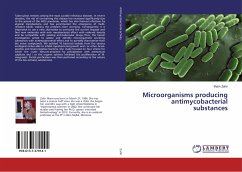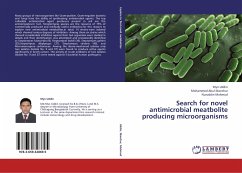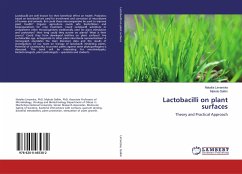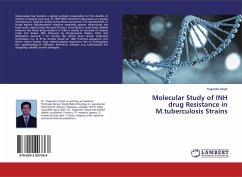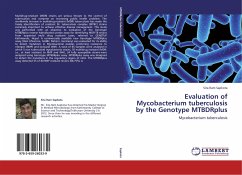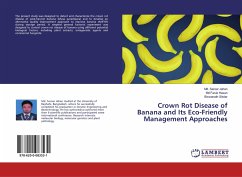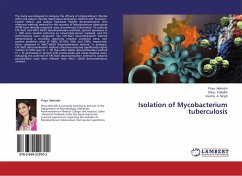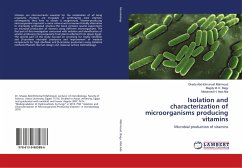Tuberculosis remains among the most curable infectious diseases. In recent decades, the risk of contracting this disease has increased significantly due to the spread of the AIDS pandemic, which has also favored infections by atypical mycobacteria and has accentuated the emergence of multi-resistant bacilli, making the problem more worrying. Consequently, it is imperative to use a new alternative to overcome the current impasse and find new molecules with anti- mycobacterial effect with reduced toxicity and be compatible with existing anti-tubercular drugs. Thus, the herein investigation aimed to isolate and identify microorganisms secreting substances with antimycobacterial effect and to partially characterize their bio active compounds. We isolated 10 bacterial isolates from the various ecological niches able to inhibit mycobacterial growth and / or other Gram-positive and Gram-negative bacteria. Our study focused on four strains for which the crude extracts obtained by precipitation with ammonium sulphate and / or the organic solvents inhibited the proliferation of M. smegmatis. Partial purification was then perfomed according to the nature of the bio active(s) substance(s).
Bitte wählen Sie Ihr Anliegen aus.
Rechnungen
Retourenschein anfordern
Bestellstatus
Storno

